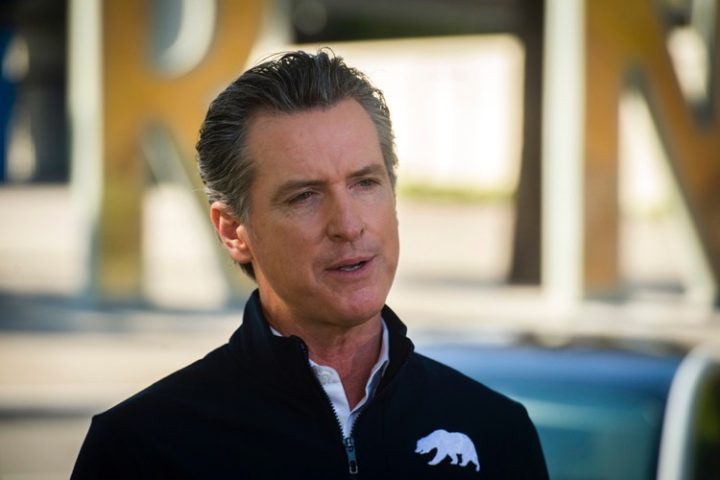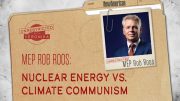
When California Governor Gavin Newsom mandated last week that all new cars and passenger trucks be zero-emission by 2035, he paid homage to the climate-change gods:
This is the most impactful step our state can take to fight climate change. For too many decades, we have allowed cars to pollute the air that our children and families breathe.
Californians shouldn’t have to worry if our cars are giving our kids asthma. Our cars shouldn’t make wildfires worse — and create more days filled with smoky air. Cars shouldn’t melt glaciers or raise sea levels threatening our cherished beaches and coastlines.
It’s a mandate, to be backed up by supportive legislation from compliant politicians in Sacramento, which means that it’s something free people would not choose to do on their own.
And yet, in the same breath, Newsom admitted that the free market is already heading that way. He just wants to speed things along:
By the time the new rule goes into effect, zero-emission vehicles will almost certainly be cheaper and better than the traditional fossil fuel powered cars. The upfront cost of electric vehicles are projected to reach parity with conventional vehicles in just a matter of years, and the cost of owning the car — both in maintenance and how much it costs to power the car mile for mile — is far less than a fossil fuel burning vehicle.
Missing from his announcement was the admission that there is no such thing as a zero-emission vehicle. Assuming that those vehicles will largely be battery-powered, just where does the energy come from to charge those batteries? Largely from power plants using fossil fuels, i.e., coal and natural gas.
Newsom also asked the California legislature to end the issuance of new fracking permits by 2024.
When President Trump was asked about Newsom’s latest attempt to force his citizens to comply with his climate-change agenda, the president said, “It just sounds very extreme to me. I don’t know how you do it.… I don’t see this happening elsewhere. I don’t think we should be taking any steps to get rid of fossil fuels … and, by the way, there should be consumer choice for all automobiles, and that includes electric automobiles.”
The mandates predictably will cost California thousands of energy industry-related jobs. Said Rock Ziernan, CEO of the California Independent Petroleum Association, “Today’s announcement to curb in-state production of energy will put thousands of workers … onto the state’s [already] overloaded unemployment program, drive up energy costs when consumers can least afford it.”
He added:
Instead of creating our own local energy, each year California relies more and more upon foreign oil, which isn’t produced with our strong environmental protections, nor does it generate desperately needed local and state tax revenue.
At a time when Californians pay more for energy while experiencing manmade “green outs”, it doesn’t make sense to hurt consumers, our economy, and our environment by banning California production.
Mark Green, writing for the American Petroleum Institute (API), said, “It’s difficult to see how the mandate won’t make life in California — already among the most expensive in the nation — more costly, hurting people least able to afford it.
Western States Petroleum Association President Catherine Reheis-Boyd added:
Big ideas are only better if they are affordable for us all and can be backed by science, data and needed infrastructure. There are many questions about all of those concerns in the Governor’s orders.
Dismantling our oil and natural gas industry right now means betting everything on alternative energy resources that we don’t have in place and a supporting infrastructure that’s far from being at the scale we need.
AFPM President and CEO Chet Thompson added:
Pursuing this goal would be among the most inefficient, unpopular, and regressive methods to reduce carbon emissions.
Forced electrification would deprive consumers of choice for popular vehicles fueled by affordable, reliable, and readily available gasoline and diesel. It also ignores that today’s vehicles are 99 percent cleaner than they were just a few decades ago and continue to get cleaner every year.
If it’s such a good idea, why the mandates? President Trump is right: “It just sounds very extreme to me. I don’t know how you do it.”
By government force, Mr. President.



